Problems with lithium batteries on planes can be severe. They can sometimes spontaneously explode, igniting a fire. Laptops that contain lithium batteries and other batteries are classified as dangerous goods for your laptop. There are additional rules regarding the transport of laptops to planes. How Many Laptops Can I Bring on a Plane.
This article will discuss how many laptops are allowed, what is prohibited, where to pack them, and if you can use your laptops while waiting for the plane.
Table of Contents
Laptops on Airplanes
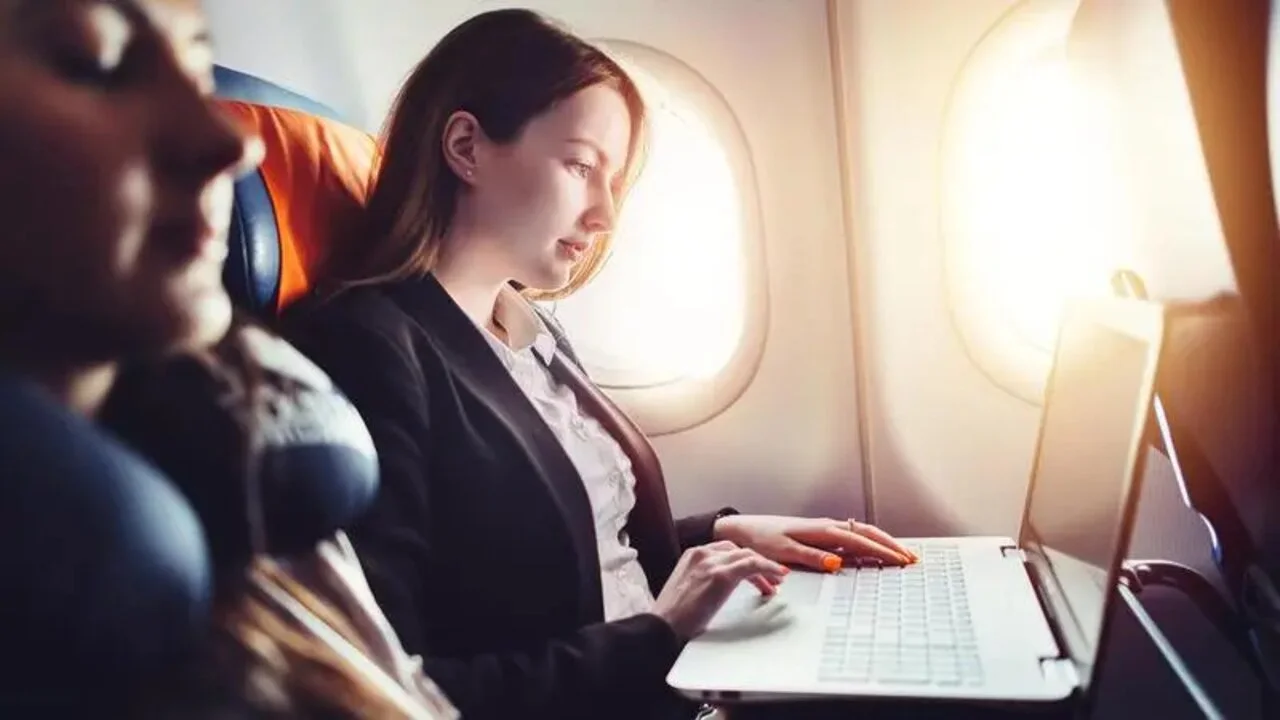
They are indeed, but there are some exceptions. Most laptops can be carried in your handbag without problems. This is unless your Apple Macbook is included. Apple has recalled 15-inch Macbook laptops manufactured between 2015 and 2017 because lithium batteries could catch fire and overheat. Many airlines began banning the recalled models from planes shortly after the announcement. The FAA (Federal Aviation Administration), soon after the report, banned all recalled models from any airline operating within the United States.
Virgin Australia banned all Macbook models regardless of their issue date or type, even though most airlines have banned it. The current situation is that you can carry most laptops on planes except the recalled Macbook, which has been banned. Virgin Australia requires you to take extra care when packing Macbook models that are prohibited.
How many laptops can you take on domestic flights?

TSA (Transport Security Administration) doesn’t restrict the number of laptops you can take on a plane. You can bring two, three, or more laptops on domestic flights. No one will notice. You might assume that the TSA and FAA would limit the number of notebooks allowed on board because they have lithium batteries. The FAA and TSA do not enable other power banks or spare batteries.
They are usually permitted if the lithium batteries are embedded within an electronic device. There were many discussions on different online forums about the number of laptops allowed. This is the only time we have seen the TSA mention multiple laptops. They stated that numerous laptops may be brought on board but must be stored in separate containers before the screening.
How many laptops can you take on board for international flights?

Laptops can be carried on international flights in carry-on bags. There are no restrictions as to the quantity. There is one thing to remember. You can bring one or two laptops with you for personal use. There is no additional charge. However, if you plan to get more than one laptop to another country, customs might be a problem at the airport.
There are different customs duties and taxes for other countries. You will need to pay between 10-40% import duty if you bring multiple laptops not intended for personal use. To verify that the laptops were not purchased abroad, customs officers may ask you for proof of purchase. People prefer to buy electronics in the U.S., for example, because they are cheaper than those in Europe. If you bring more than one laptop, you will have to pay 15-30% duty depending on the European country you are landing in.
Can You Pack Laptops in Checked Luggage?
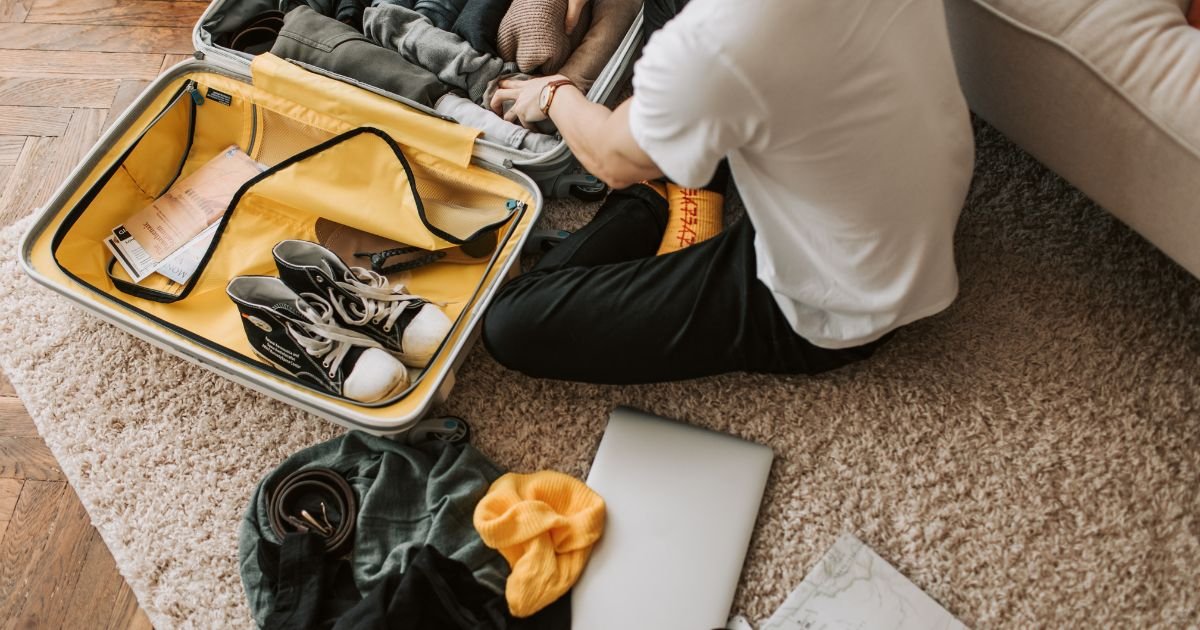
Although some reports say laptops cannot be checked in, this is not true. According to the FAA, laptops with removable or non-removable batteries may be carried in checked luggage. They are classified as “personal electronic devices containing battery span. The FAA recommends that personal electronic devices with lithium batteries be carried in hand luggage but does not prohibit them from being transported in checked bags. Extra batteries in checked baggage are not allowed. When your laptop is in check luggage, it must be turned off and protected from activation.
Passing through Airport Security with Laptops
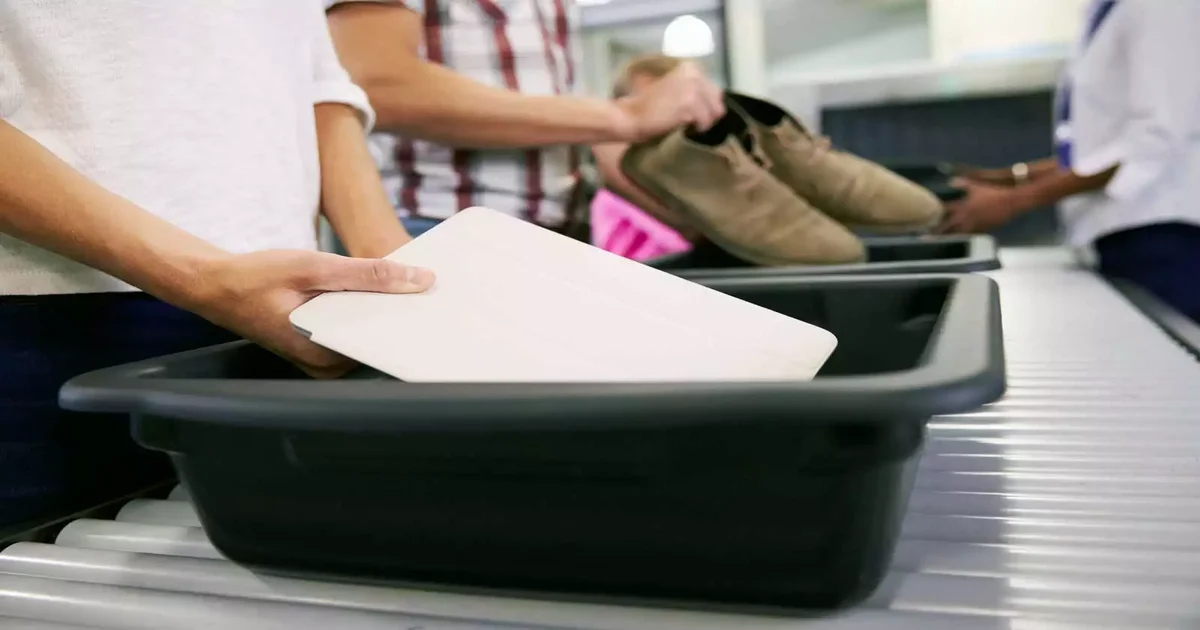
Before you go through customs with your laptop, there are some things that you need to know. To pass the x-ray machine, your computer must be taken out of the bag and placed in a separate container. You should also bring multiple laptops.
If you have a TSA-approved bag that has a laptop pocket, the laptop shouldn’t be removed from your bag. These dedicated laptop sleeves do not have zippers or pockets that could obstruct an x-ray image. One of our staff members uses the Matein 17-inch TSA-Compliant laptop backpack as his item. Because the laptop sleeves can be removed so that it doesn’t block the scanner images, he has never been asked to take it out of the backpack during security.
Read More: Business Ideas
Is it possible to bring a personal computer (desktop) aboard a plane?
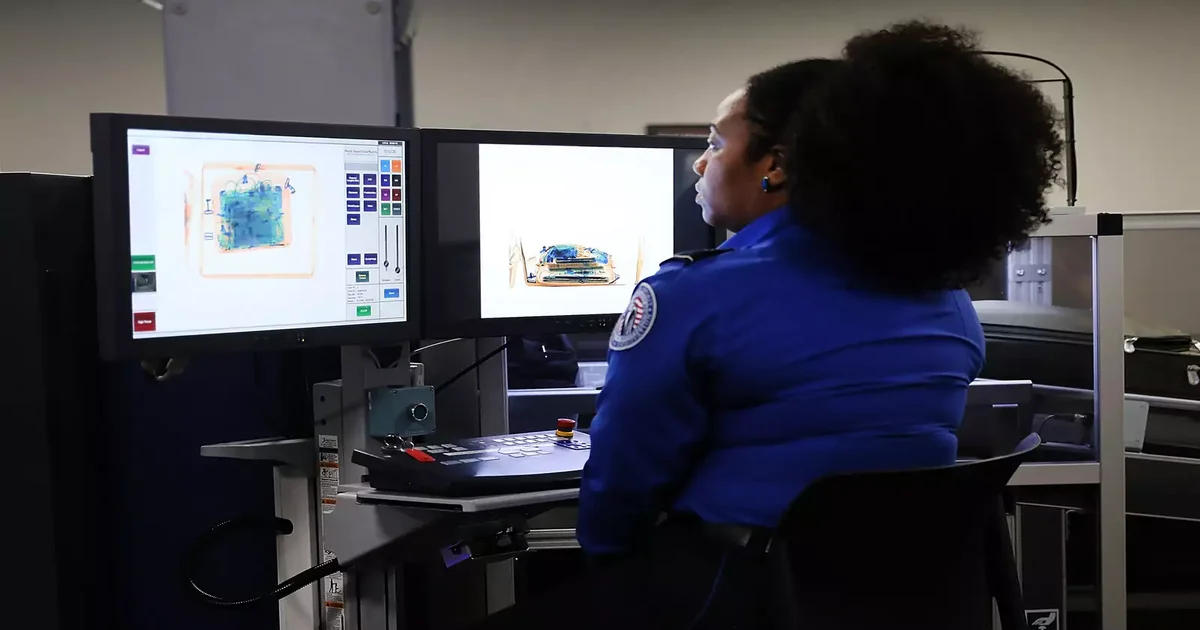
Personal computers (also known as desktops) and laptops are allowed in carry-on and checked baggage. They don’t contain batteries, so they are essential electronic components that can’t be regulated on planes. You should consider bringing your computer as a carry-on if you are able. Valuables can be stolen from checked luggage, and sometimes things may get damaged.
Wrapping the computer in bubble wrap and possibly removing the hard drive would be good. It’s often the most valuable and fragile component of a personal computer. Monitors are usually not very expensive, and expensive monitors are too big to be carried as baggage. You can transport it in your checked luggage to ensure it is safe.
Laptops Can Be Used on Planes
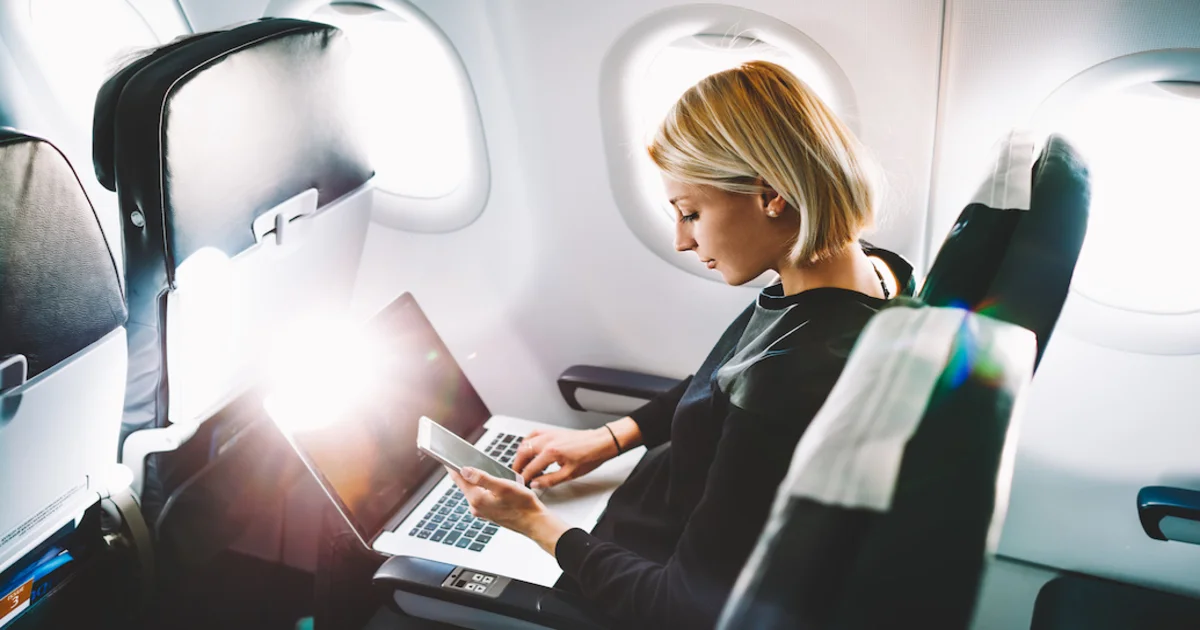
Laptops can be used on most flights. They must be stored during take-off or landing to avoid becoming dangerous flying projectiles in the event of turbulence. Laptops must be set to airplane mode during all flights. If available, you can still use Bluetooth and WiFi in Airplane mode to pair your Bluetooth headphones or use the airline WiFi. You might also be able to charge your laptop at the airport using charging outlets.
How to Prepare Laptops For Flights
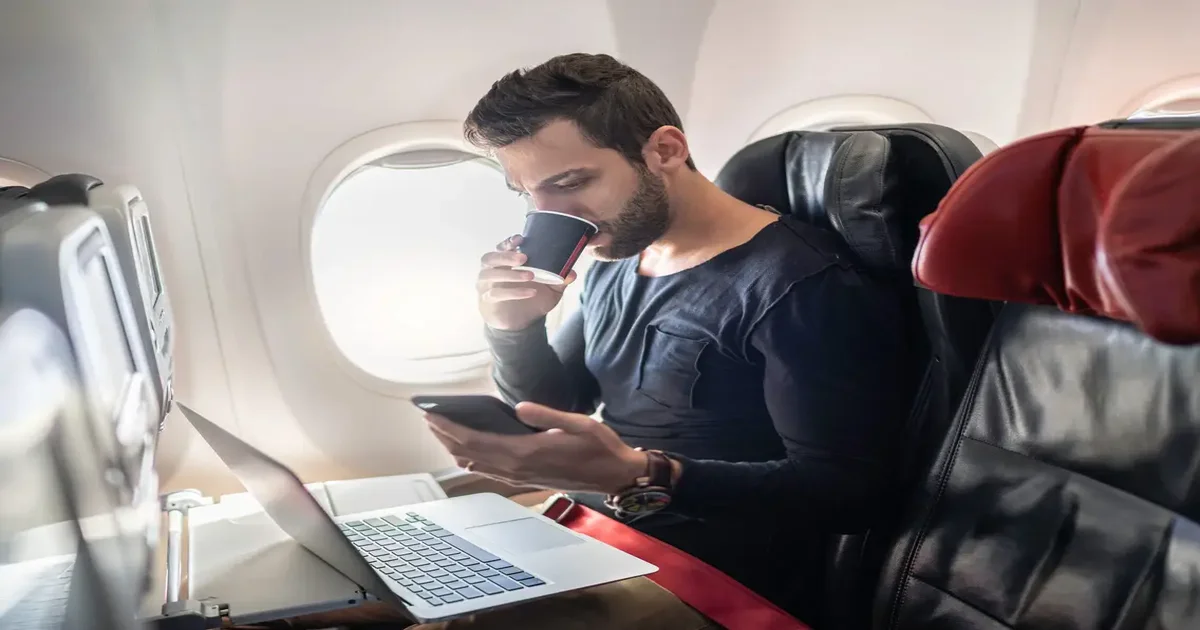
While most people won’t do much to their laptops before they travel, it is a good idea to do some things. The computer computes must be charged, and it should be capable of being turned on. Security agents can ask you to turn the laptop on to prove it is working correctly and has not been modified. They can confiscate your computer or deny you access to the flight if you cannot turn it on.
Protecting your data is another crucial and essential aspect to be aware of. Security agents can access your computer and inspect it for any illegal torrents. You must ensure that your computer does not contain unlawful, torrented movies or illicit software. It is possible to hide all contents in a password-protected folder so that no one else can see them.